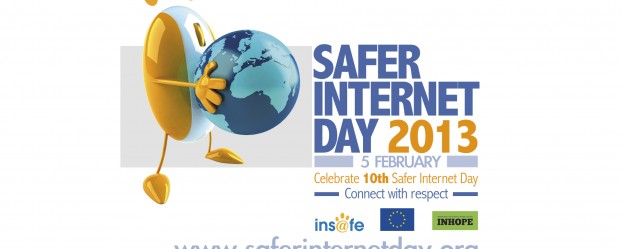Recently, my son’s school had to deal with an episode of cyber-bullying. A list of photos was being circulated via Instagram, asking readers to vote for the ‘school’s ugliest among the list.’ Luckily, it reached the school authorities, who took swift action, not only contacting the police and Instagram to get details about the perpetrators, but also launching into a series of school-wide initiatives to talking to students about the consequences of cyber-bullying, and setting up ways in which a student could report any such activity. The school also had a meeting with parents, where we learnt how to recognize the signs of a child being bullied, and how to encourage our children to report to authorities if either they or their friends were being bullied.
Our kids are definitely deeply into technology, as compared to our generation. In fact, I would even say they most of their socializing is online than face-to-face! In my son’s school, homework is given and handed back electronically, teachers assign projects via their webpage, and all announcements, right down to bad-weather days off, are announced on the school’s FaceBook page. And since we as parents are not, on the whole, as socially connected as our teenagers are, we should be alive to the dangers that lurk online, especially for our children.
So here is a list of Dos and Dont’s for parents of young children and teenagers, that I got off one of the school’s handouts:
- Tell your children never to give out their address, telephone number, password, school name or any other personal information.
- Make sure your children know to never agree to meet face-to-face with someone they’ve met online without discussing it with you. Only if you decide that it’s okay to meet their “cyber-friend” should they arrange to meet this person, and then the meeting should be in a familiar public place in the presence of a trusted adult.
- Tell your children never to respond to messages that have bad words, are scary, or just seem weird.
- Tell your children that if an ‘online’ friend asks them to keep the relationship a secret from you, they should inform you at once, or it could lead to something very dangerous.
- Tell your children never to enter an area that charges for services without asking you first.
- Tell children never send a picture of themselves to anyone without your permission.
- Make sure that access to the Internet at your children’s school is monitored by adults.
- Remember that all that ‘said’ on the internet is permanent.
- Educate yourself about the sites that your children use.
- Get your own Facebook account and become ‘friends’ with your child. Ensure that your child’s Facebook account is visible only to friends and not to the public.
Are there any tips I have missed? Do write in and let me know!
And in honour of Safe Internet Day, let us try to keep the internet a safe place for our kids.
Re-published with permission from the blog of ParentEdge, a bi-monthly parenting magazine that aims to expose parents to global trends in learning and partner with them in the intellectual enrichment of their children.
